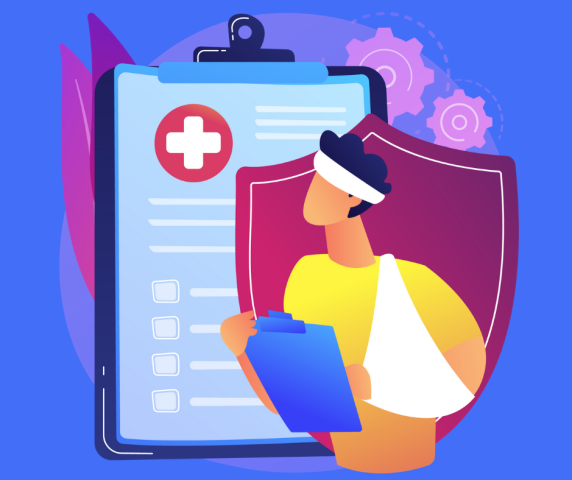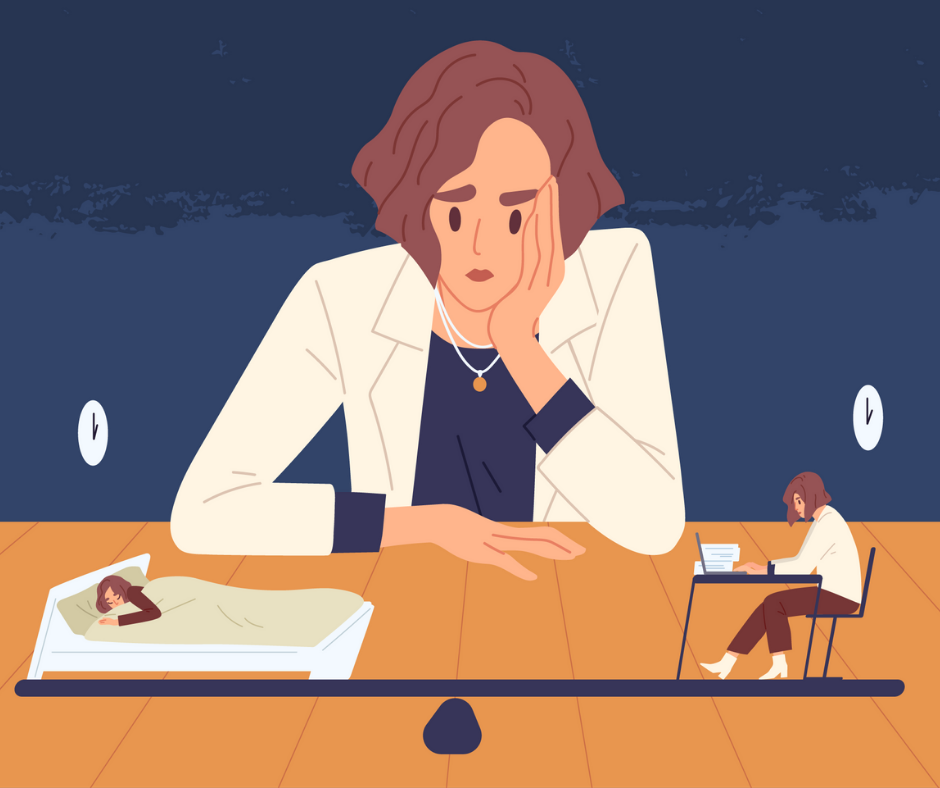- Guest Contributor
- April 14, 2021
In most states, independent contractors and gig workers do not have workers’ compensation rights because they aren’t employees. Each state has its own workers’ compensation laws. The definition of a gig worker could vary from state to state. Generally, if you dictate your hours and pay your own expenses, you are an independent contractor. This means if you suffer an injury on the job, it can be tricky to handle. Here’s how to handle an injury on the job and how you can try to protect yourself ahead of time.
First, Document and Notify
Document the incident whenever you’re hurt at a worksite or while doing work. Include your injuries and notify the person who hired you. If your client is a larger company, you might have to notify the human resources department when you have an injury on the job. This is vital in the event that you are able to bring litigation against your client. Regardless of the path you believe you will take, always document everything.
Second, File a Claim
You will have to file a claim with your own insurance company. You can file with your health insurance or with an insurance policy, such as the Jobbler Income Shield through Kover. Contact an attorney to help you with settlement negotiations, especially if you suffered an injury that could cause a long-term disability.
What to Do When an Accident Is a Client’s Fault
If the accident is your client’s fault, you could litigate or enter settlement negotiations with the client and / or their insurance company. This could help you recover damages, including medical expenses, lost wages, pain and suffering, and other damages.
To do this, you will have to prove that your client’s negligence is what causes the accident and that the accident caused your injuries. Even if you believe your case is clear cut, various laws might make it difficult for you to prove a client’s negligence. However, an attorney who knows the ins and outs of tort laws and workers’ compensation laws could help you.
Consider these examples:
Scenario 1: You got hurt climbing on a structure without a safety harness. Gig workers are expected to provide their own tools. This means the negligence would be yours, not the client’s.
Scenario 2: You climbed a structure with the proper safety equipment, but a ladder you’re using fails. You fall but your safety harness catches you. Despite this, you still hit your head hard enough to cause traumatic brain injury. In this situation, you might have a case against your client.
These laws are complicated. They are even more complicated in regards to gig workers. If you have an injury on the job, you should contact a personal injury attorney as soon as possible. They can help you recover damages, whether from your own insurance policy or your client.
About the Author: Cheryl Bowman has been writing on various topics since 2007. She writes on many topics, including pets and food. Her specialties are legal and automotive as she worked in both industries. Cheryl’s legal specialties are bankruptcy and family law, but she writes about criminal law and civil cases such as personal injury and real estate. You can find Cheryl on Writer Access.










